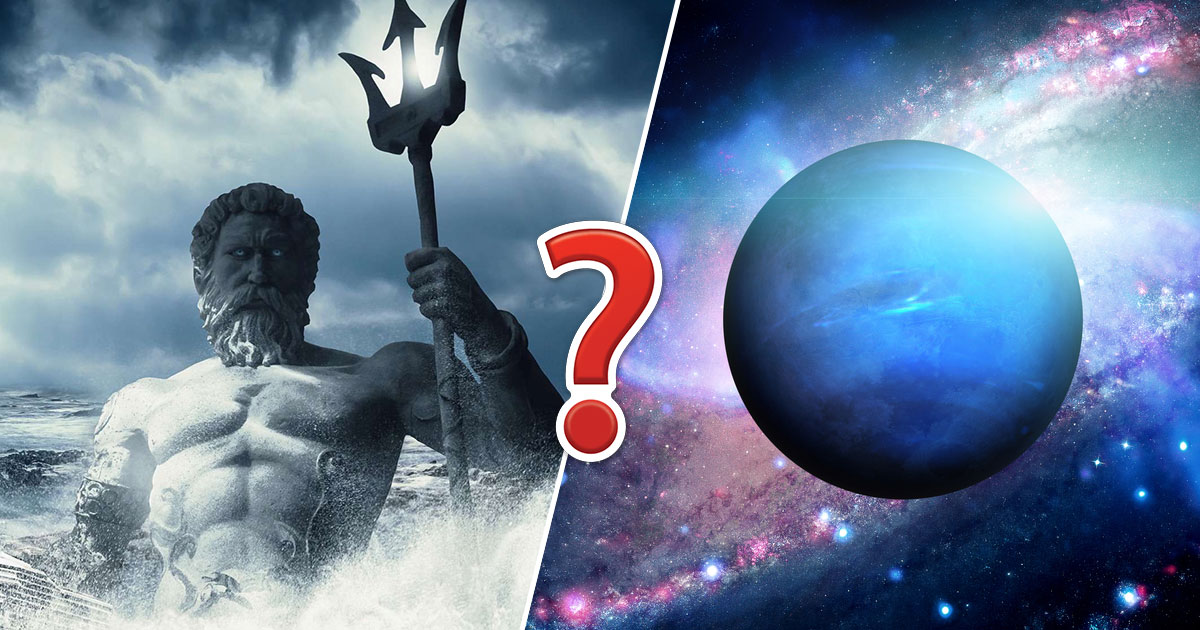
The Connection Between Planets and Mythology
Do you find yourself intrigued by the vast expanse of the universe, where planets traverse the cosmic canvas? Or perhaps, your curiosity is piqued by the timeless tales of gods, goddesses, and mythical creatures that have been woven into the fabric of human history?
If you're drawn to both of these captivating realms, you're in for a treat. Our "Planets and Mythology" quiz will take you on a journey through the fascinating intersection of these two worlds, unlocking the secrets and stories that lie at the heart of our universe.
Mythology: Tales of Gods and Heroes
The world of mythology is a rich tapestry of stories that have been passed down through generations, encompassing a wide array of cultures and civilizations. These myths often revolve around gods, goddesses, heroes, and monsters, and they serve as a window into the beliefs, values, and fears of the societies that created them.
Greek Mythology: The ancient Greeks had a pantheon of gods and goddesses, with figures like Zeus, Hera, Poseidon, and Athena, each associated with different aspects of life and the natural world.
Roman Mythology: Heavily influenced by Greek mythology, Roman mythology featured their counterparts to the Greek gods, such as Jupiter (Zeus) and Neptune (Poseidon).
Norse Mythology: Norse mythology introduced us to gods like Odin, Thor, and Loki, and their epic battles and adventures.
Egyptian Mythology: The ancient Egyptians worshiped deities like Ra, Isis, and Osiris, tying their beliefs to the sun, the afterlife, and the Nile River.
Hindu Mythology: Hinduism's vast array of gods and goddesses, including Brahma, Vishnu, and Shiva, are deeply connected to concepts of creation, preservation, and destruction.
Native American Mythology: The diverse indigenous cultures of North and South America offer a wealth of mythological stories, often linked to nature and the spirits of animals.
Planets: The Cosmic Wonders
Before we delve into the enchanting connection between planets and mythology, let's first take a moment to appreciate the celestial marvels themselves. Planets, those enigmatic objects that orbit stars like our Sun, have long been a source of awe and wonder for humanity. Our solar system is home to eight primary planets, each with its unique characteristics and mysteries.
Mercury: The swiftest and closest to the Sun, Mercury's rapid orbit is a marvel of the solar system.
Venus: Shrouded in thick clouds and known as the "Morning Star" or "Evening Star," Venus's atmosphere conceals captivating secrets.
Earth: Our own planet, teeming with life, is a remarkable oasis in the vastness of space.
Mars: Known as the "Red Planet," Mars has captivated us with its potential for exploration and its mysterious surface features.
Jupiter: As the largest planet in our solar system, Jupiter's immense size and swirling storms continue to astonish.
Saturn: Famous for its stunning ring system, Saturn's breathtaking beauty is a celestial wonder to behold.
Uranus: With its peculiar sideways rotation, Uranus challenges our understanding of planetary dynamics.
Neptune: Named after the Roman god of the sea, Neptune's deep blue hue is a testament to the mysteries of the outer solar system.
These celestial bodies have played a central role in shaping human understanding of the cosmos, often influencing the mythologies of different civilizations.
Planets and Mythology: The Connection
Now, you may be wondering, what's the connection between these two seemingly distinct domains of planets and mythology? The link lies in the way ancient civilizations, who gazed upon the same night sky we do today, found inspiration in the celestial bodies above. The planets, with their predictable movements and their associations with specific gods and goddesses, became integral to the mythologies of these cultures.
Consider the example of the planet Venus, often referred to as the "Morning Star" or the "Evening Star" due to its brightness and visibility just before sunrise or after sunset. Venus is closely linked to love and beauty, much like the Roman goddess Venus herself. The planet Mars, with its reddish appearance, has inspired tales of war and conflict, echoing the attributes of the Roman god Mars, who was associated with battle.
Across various mythologies, planets like Jupiter, Saturn, and Mercury have been identified with their respective deities, influencing the stories and beliefs of ancient civilizations. This connection between the celestial and the divine is a testament to the profound impact the night sky has had on human imagination and spirituality throughout history.
Play the Planets and Mythology Quiz
As we've uncovered this enthralling interplay between planets and mythology, it's time to put your knowledge to the test with our "Planets and Mythology" quiz. This fun quiz will challenge your understanding of the connections and stories that bind these two realms together. You'll explore the tales of gods and heroes associated with each planet and gain a deeper appreciation of the cosmic wonders that have shaped our world.
Our quiz is not just a fun and educational game; it's an opportunity to delve into the mysteries of the universe and the captivating stories that have endured through time. So, if you're ready to embark on this celestial journey and test your knowledge, get ready to connect the dots between the stars and the myths in a way that will leave you enlightened and entertained.
Enjoy Quizly? Upgrade to Premium for an ad-free experience and exclusive features.
Get Premium
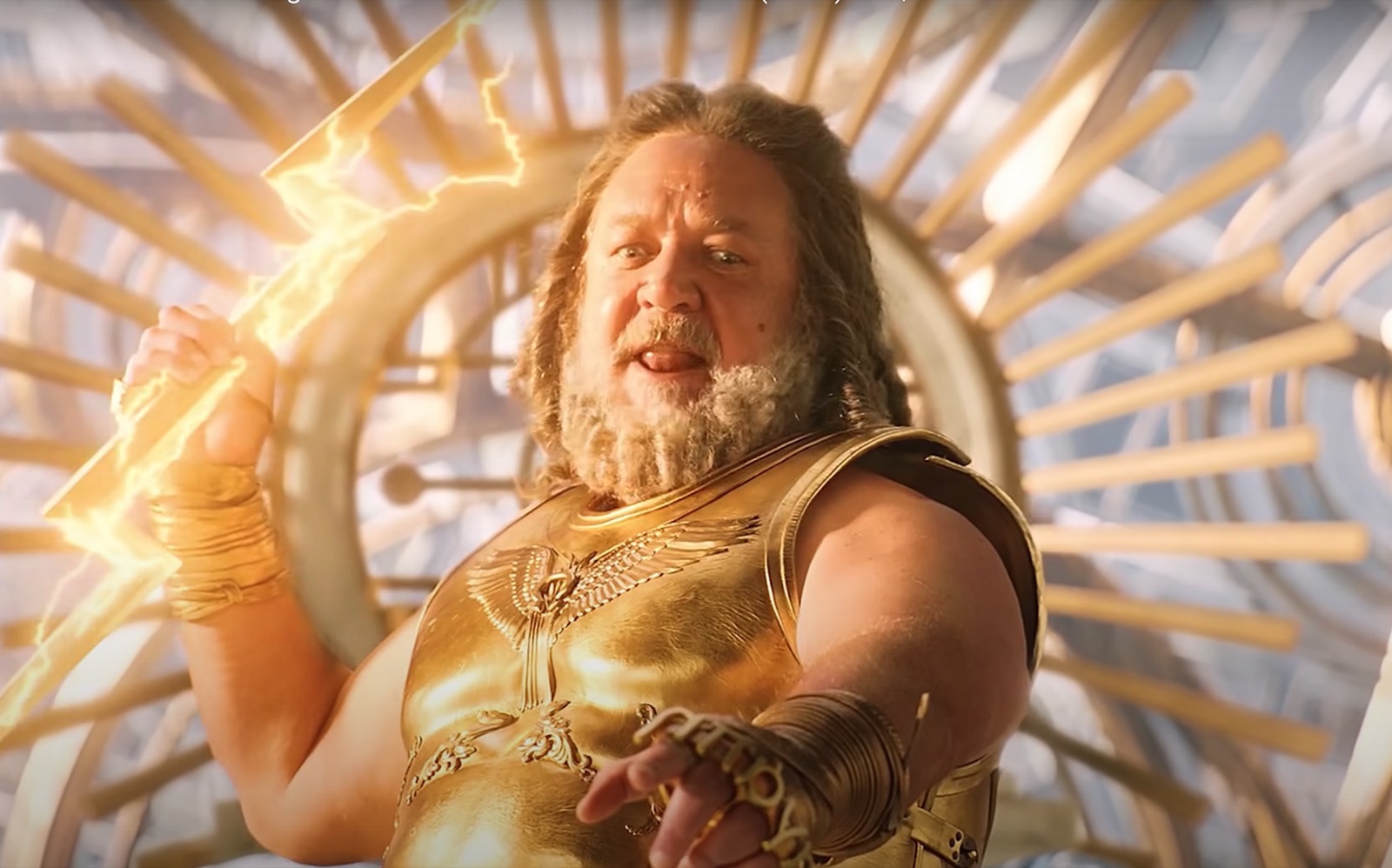

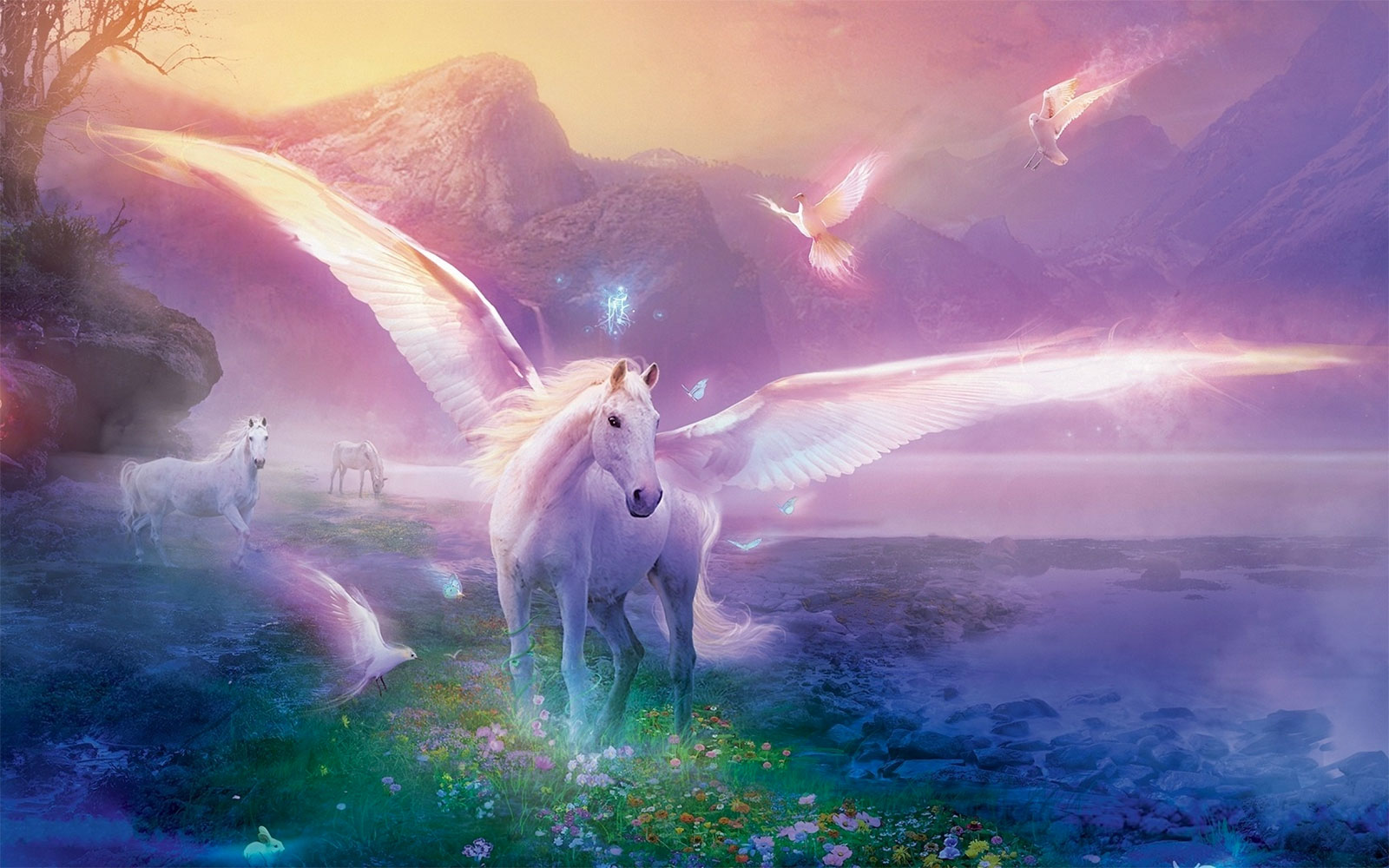
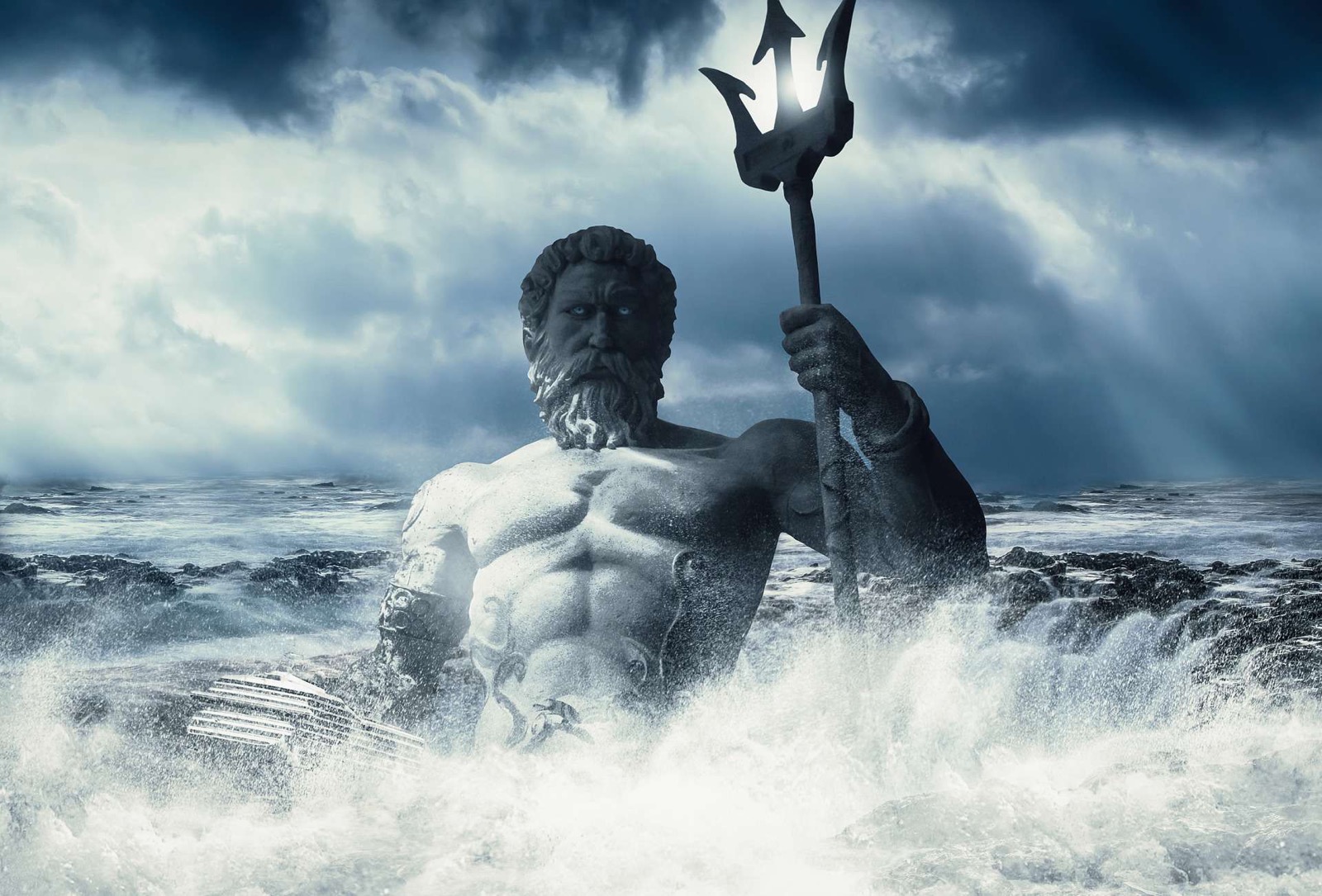
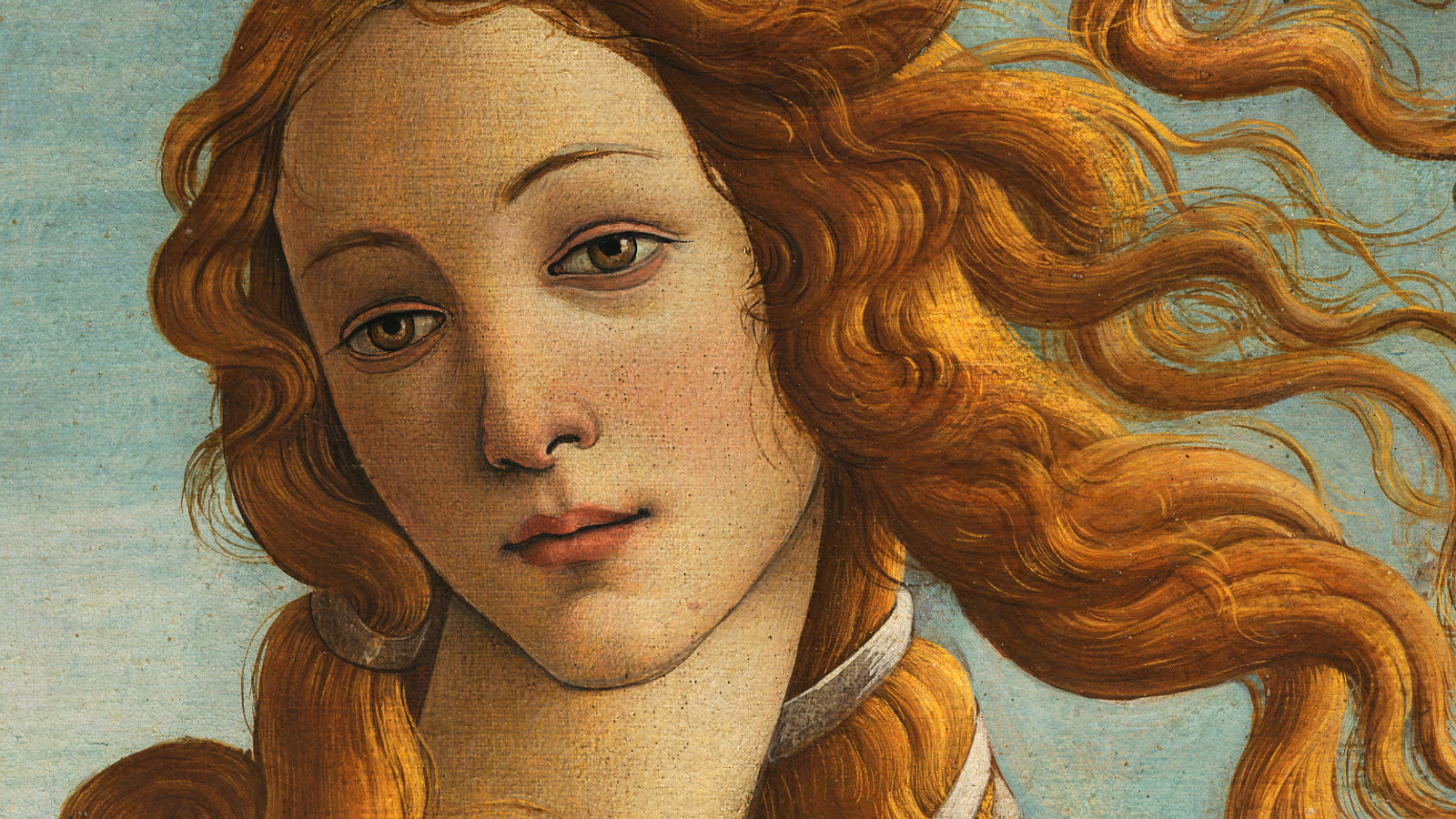
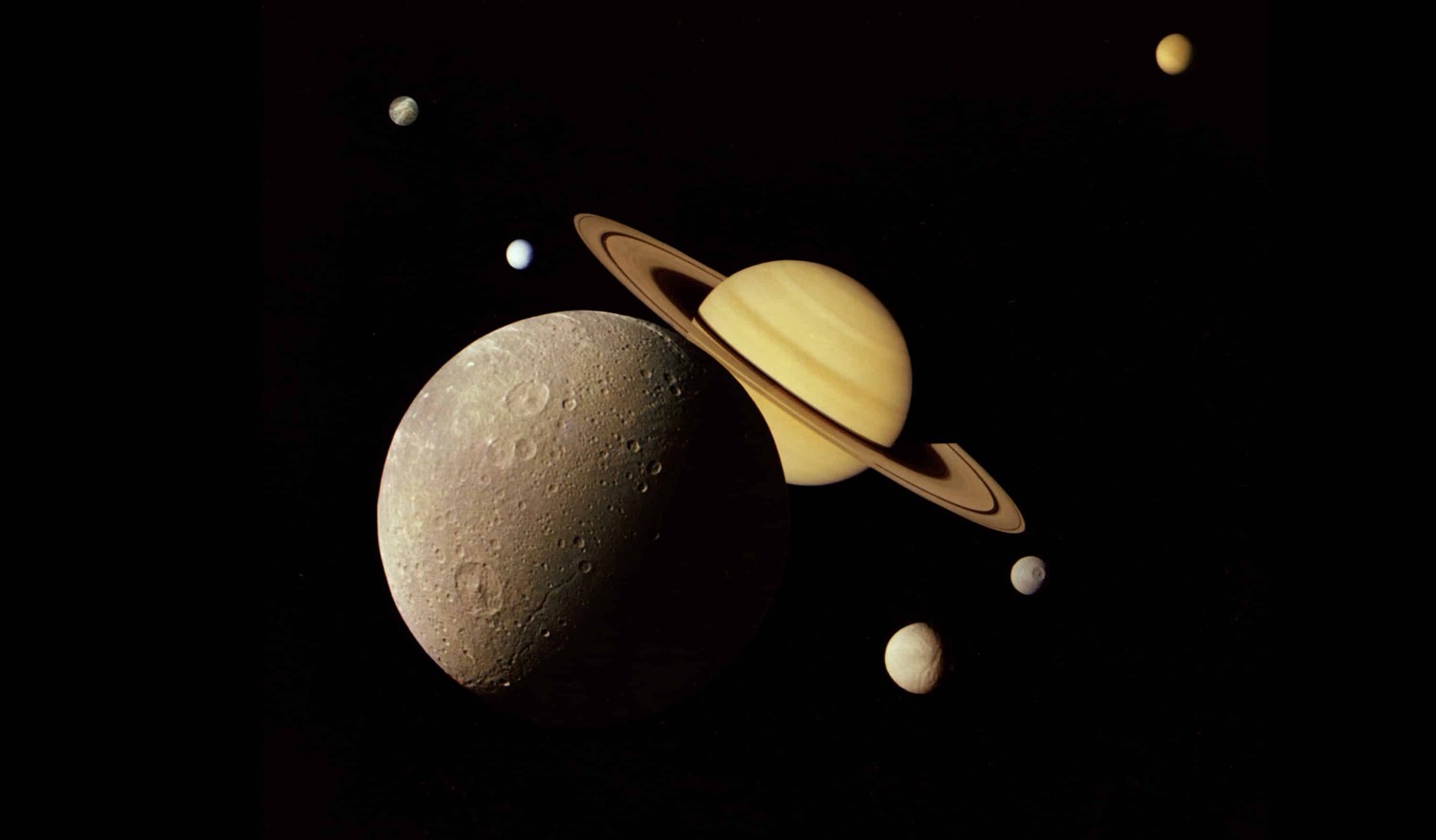
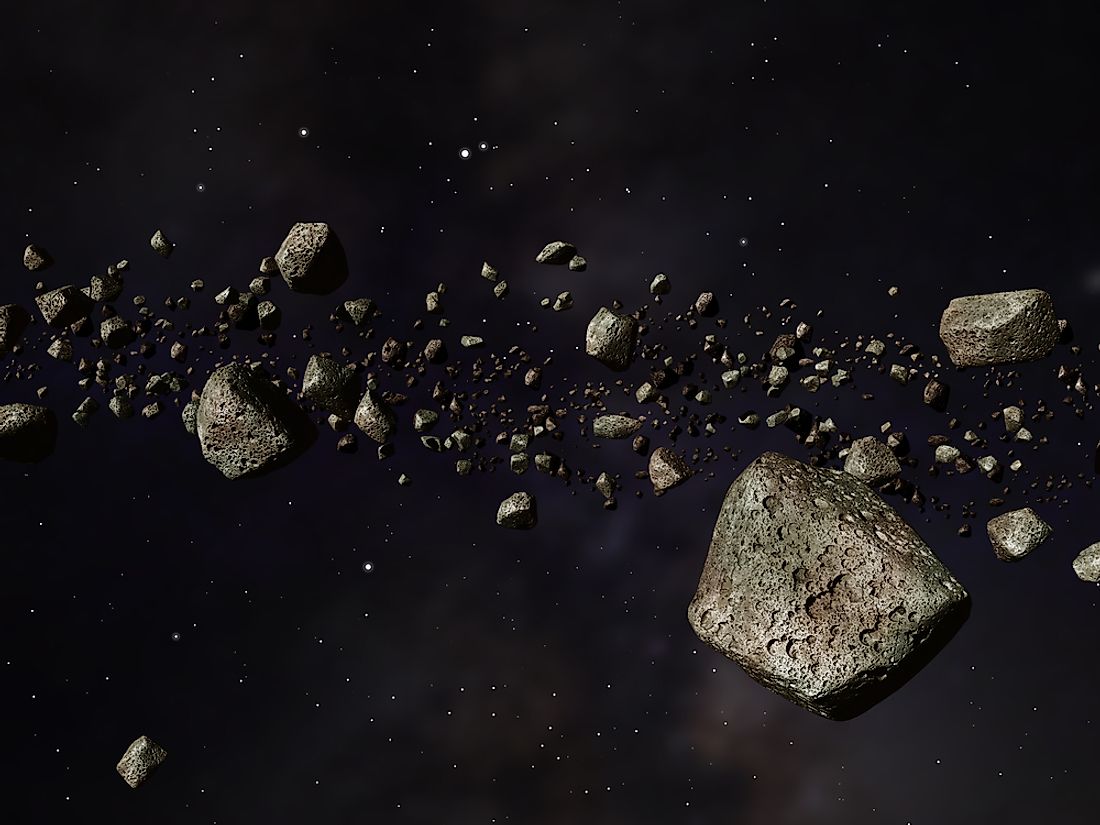
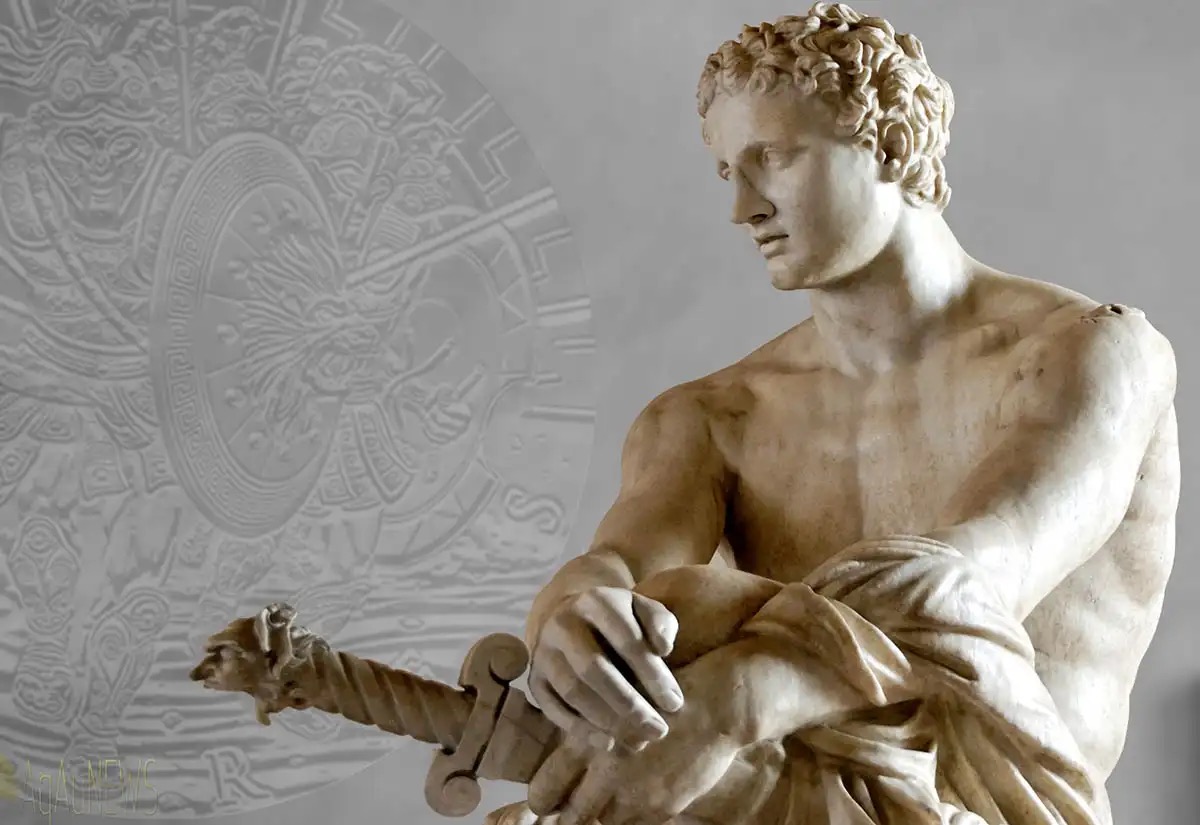
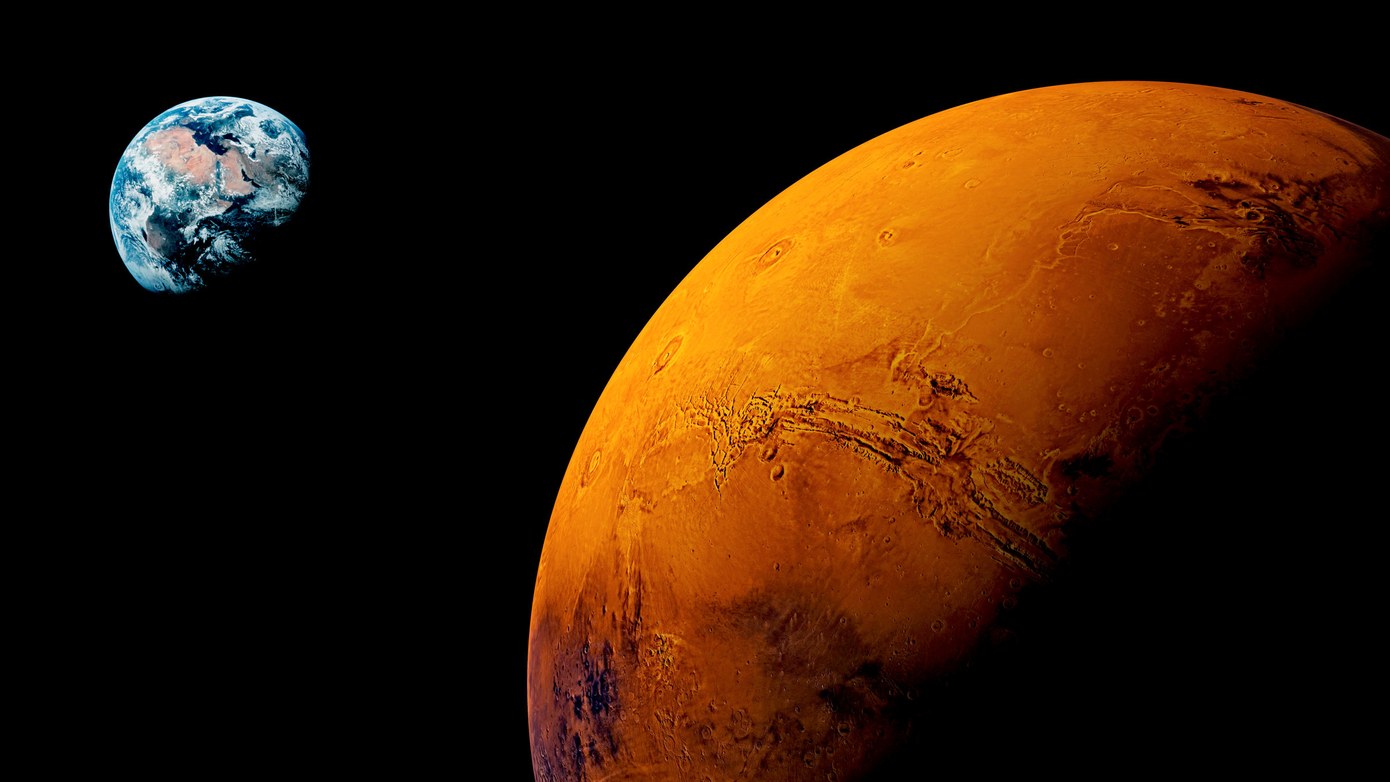
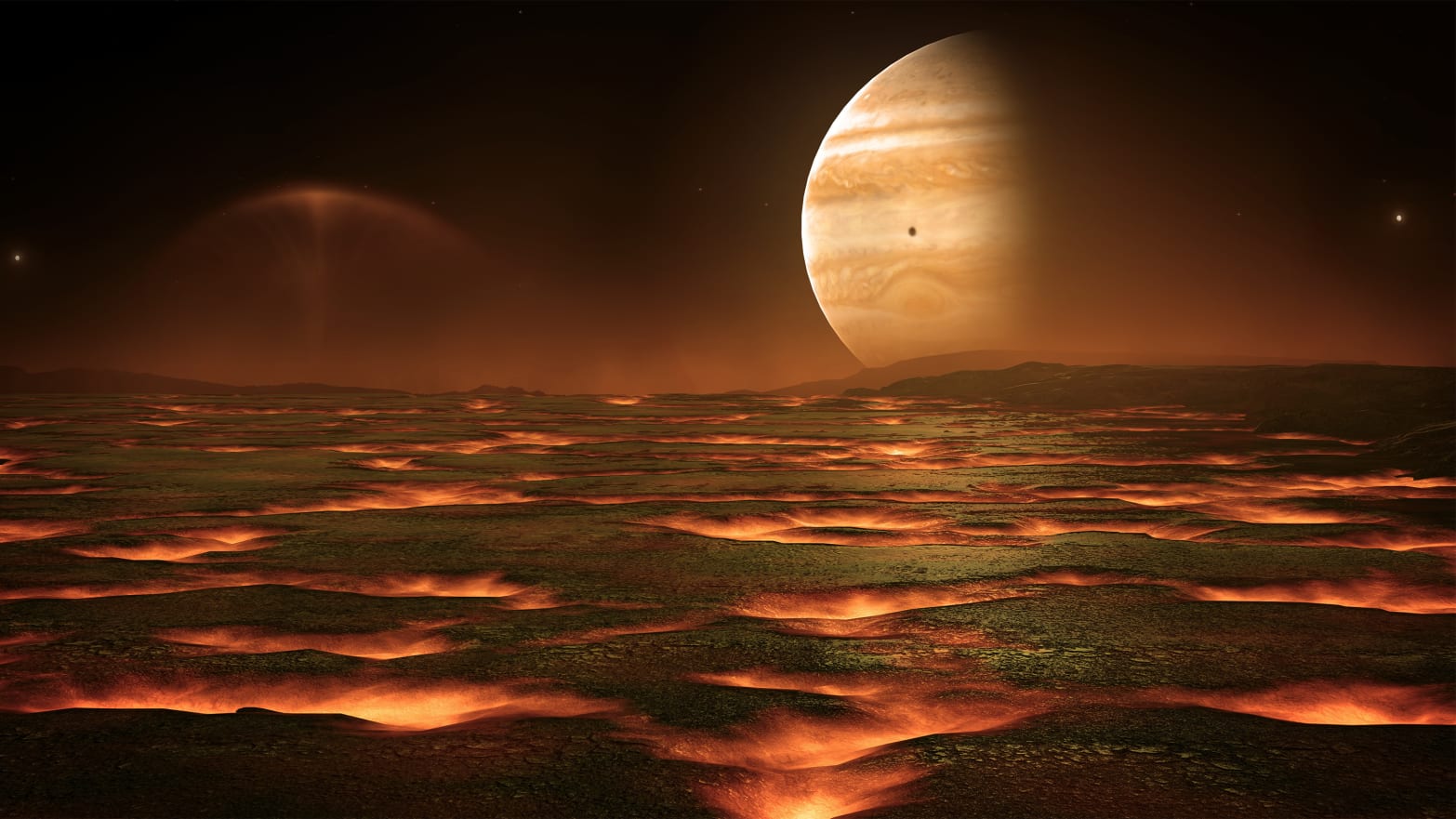
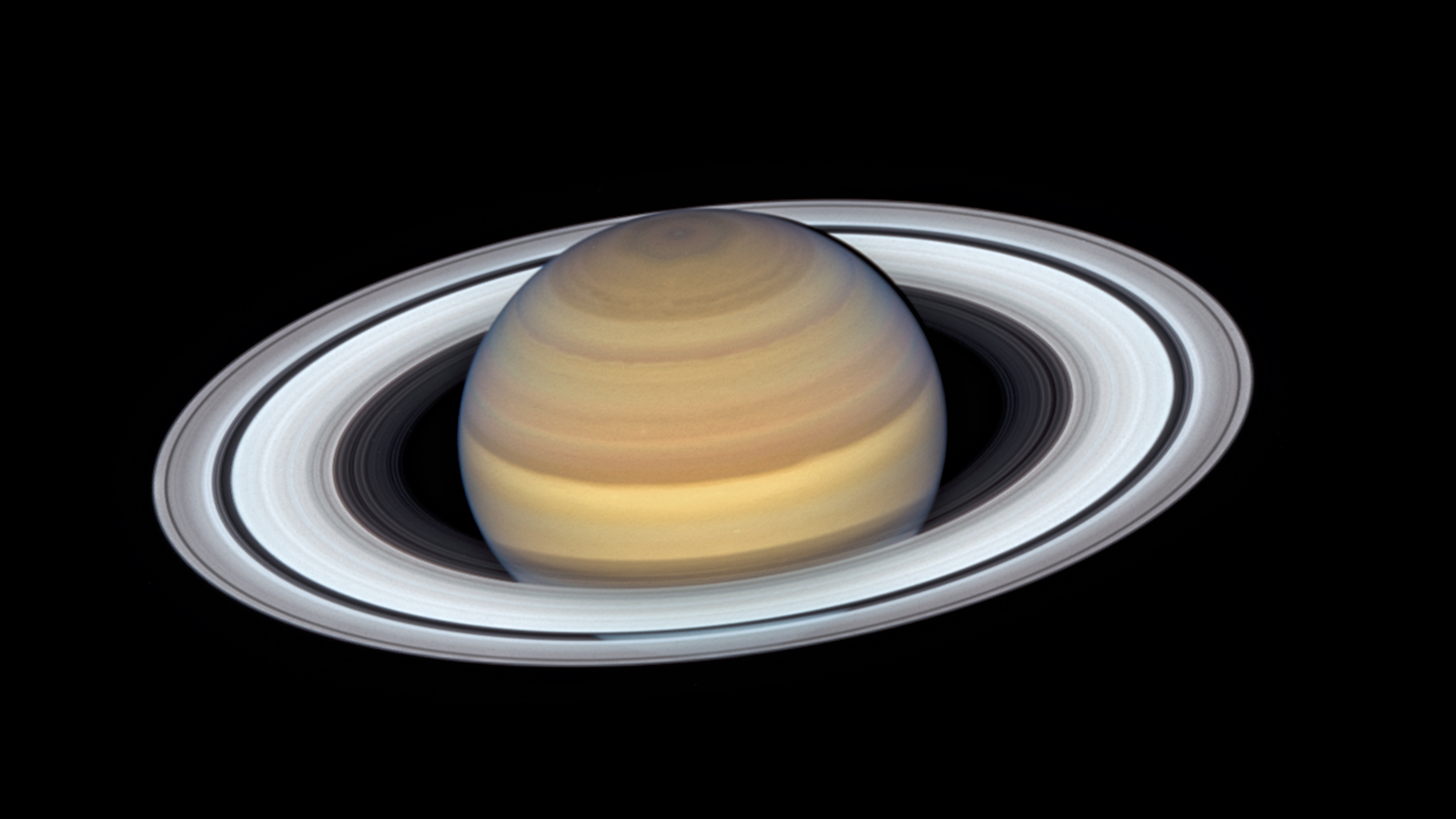
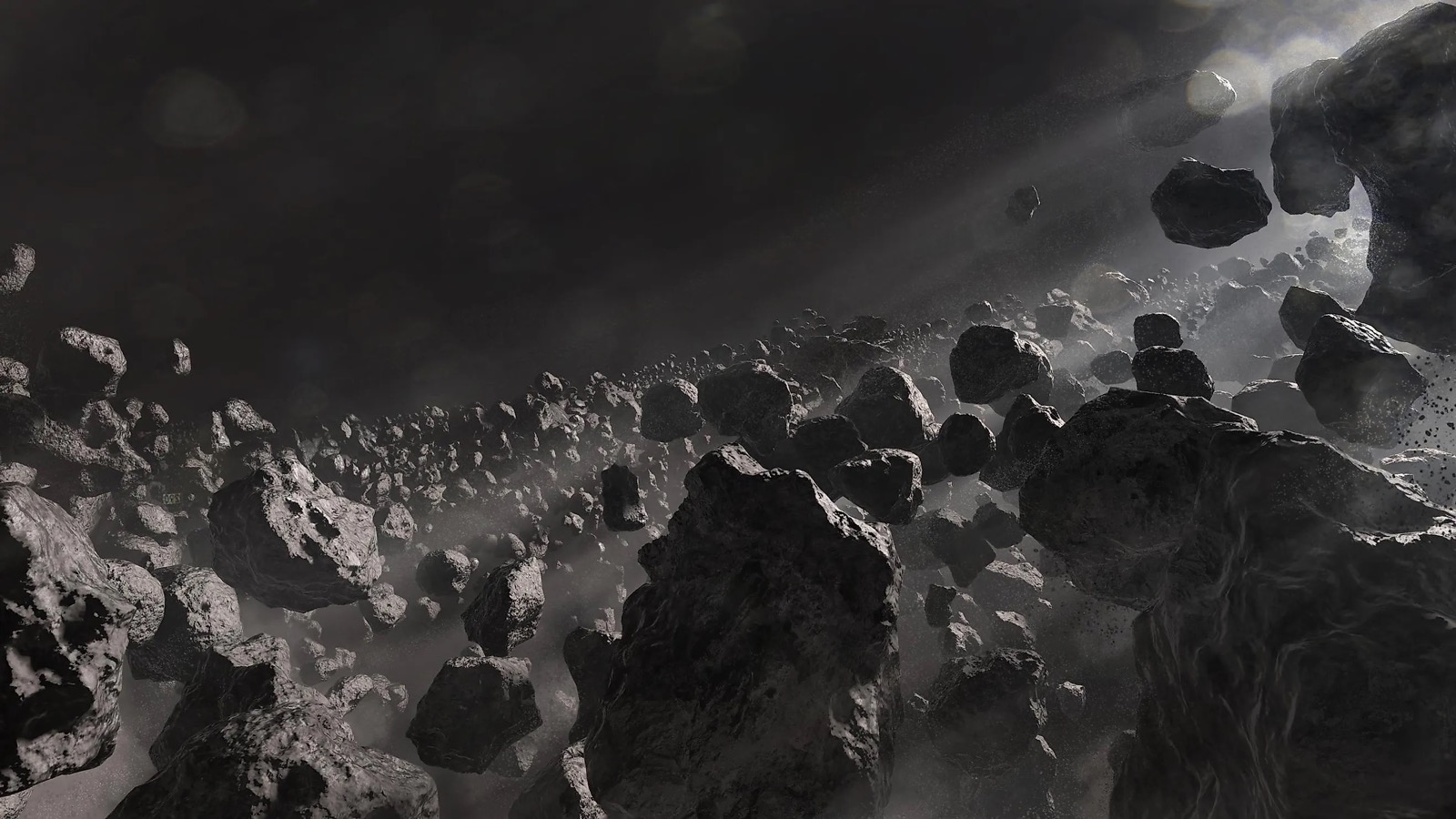
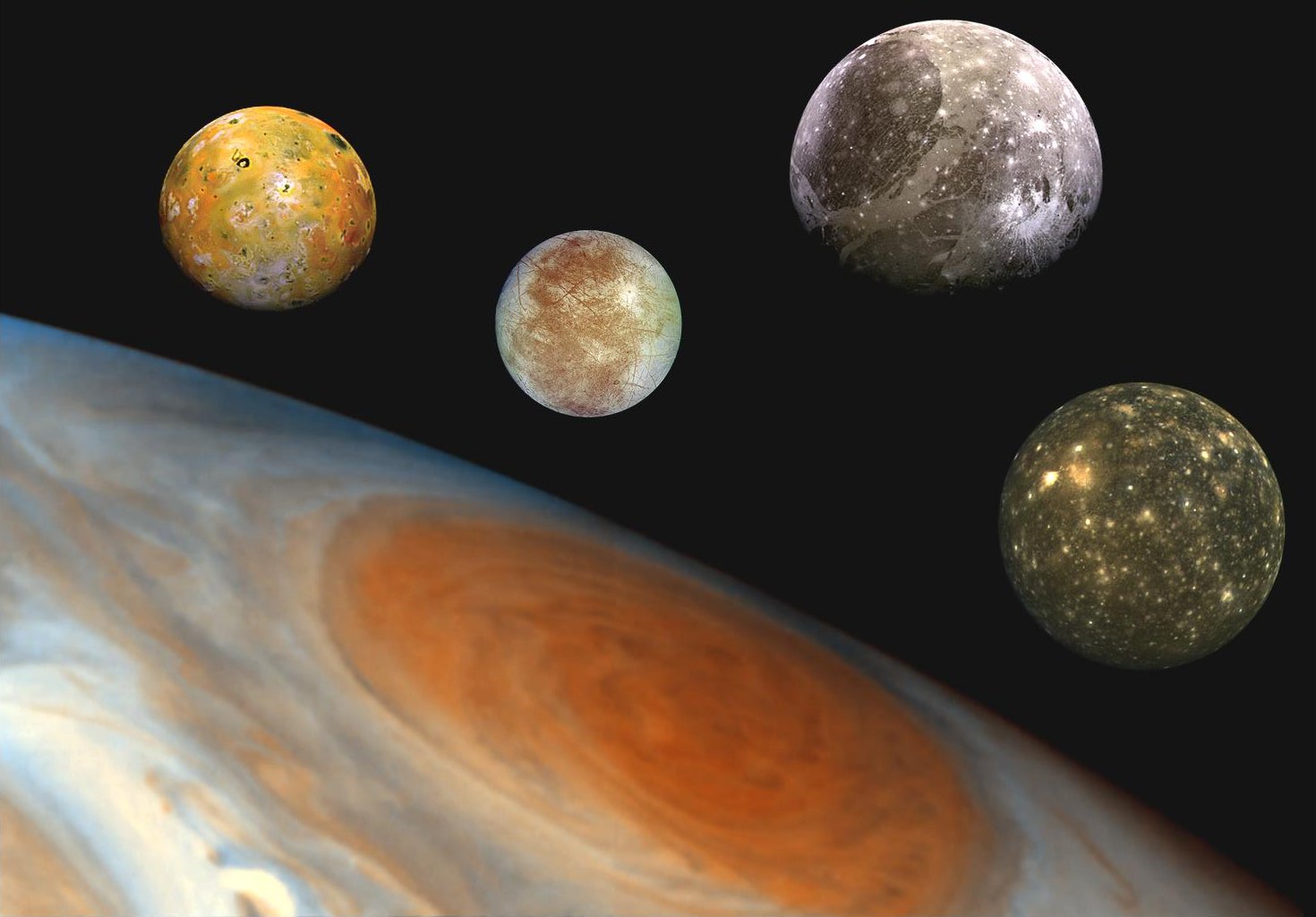
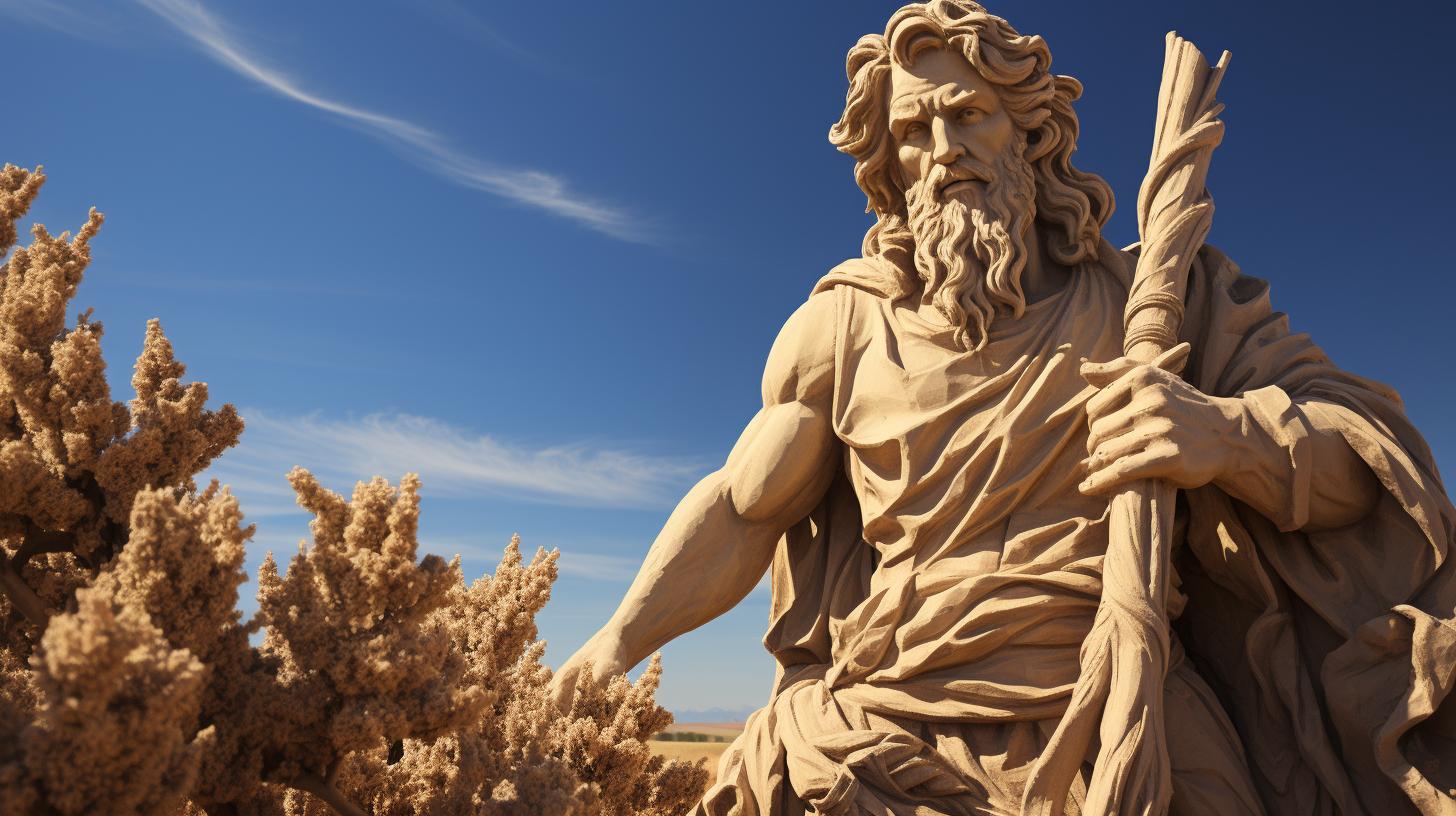
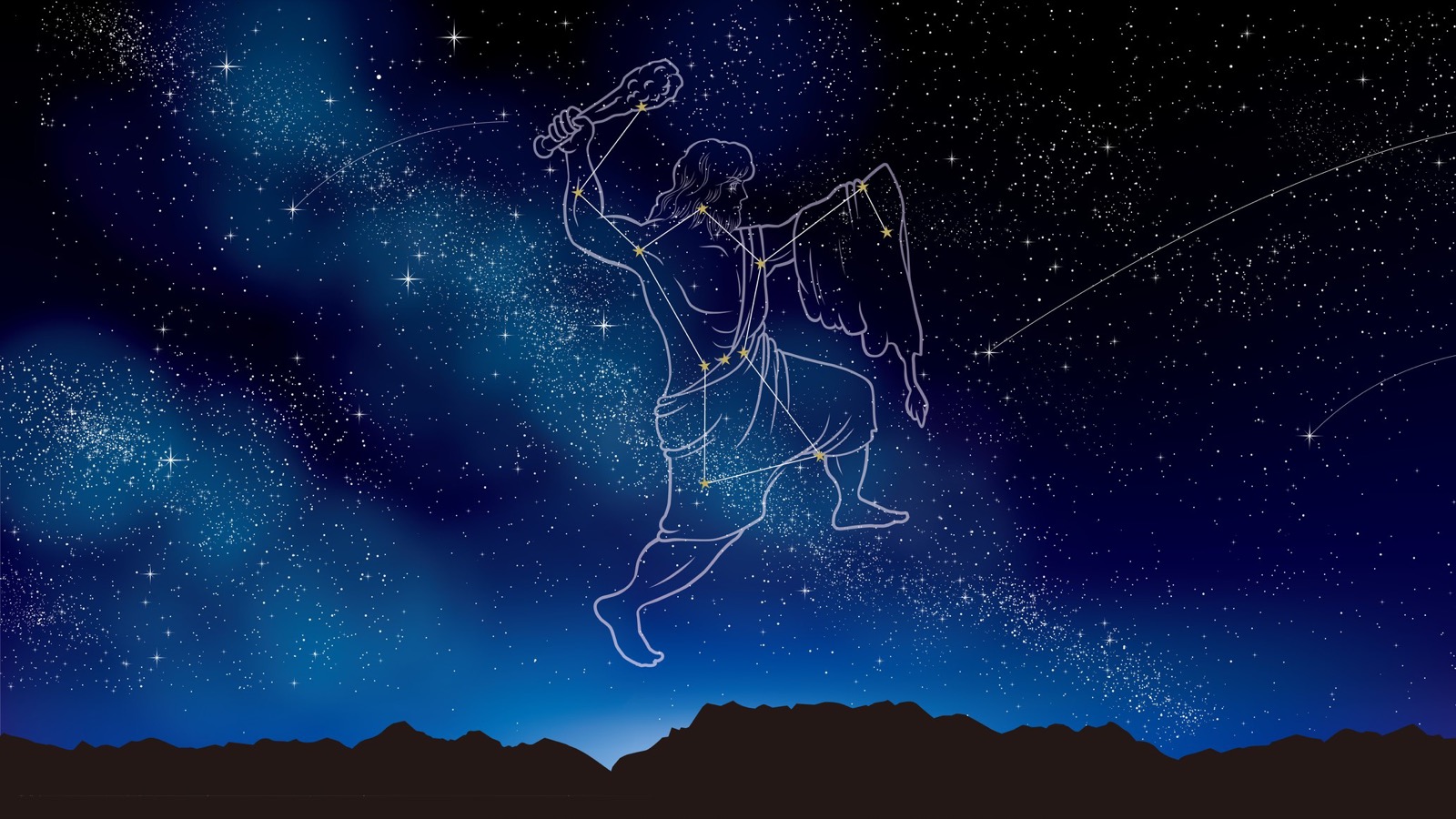
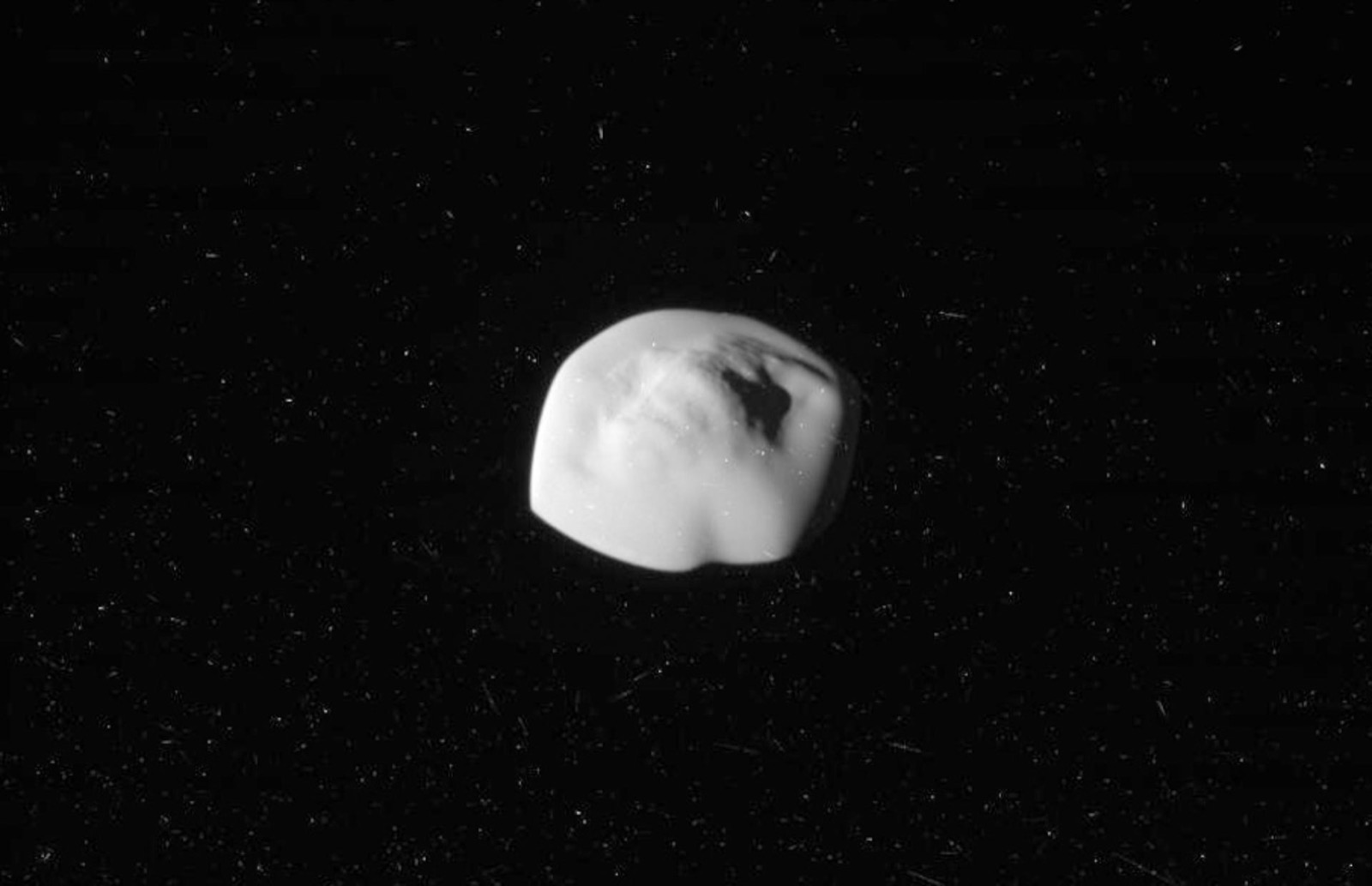
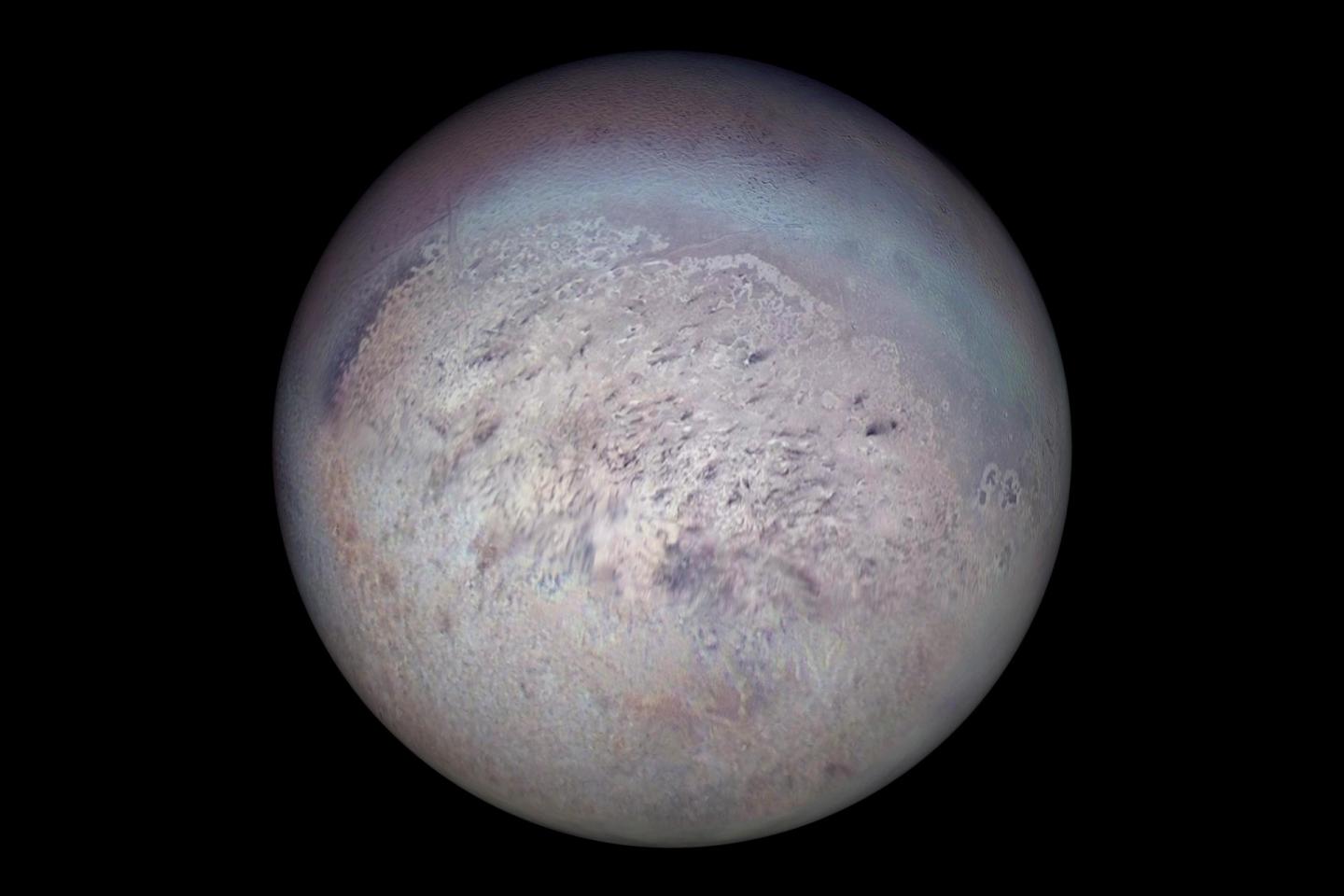
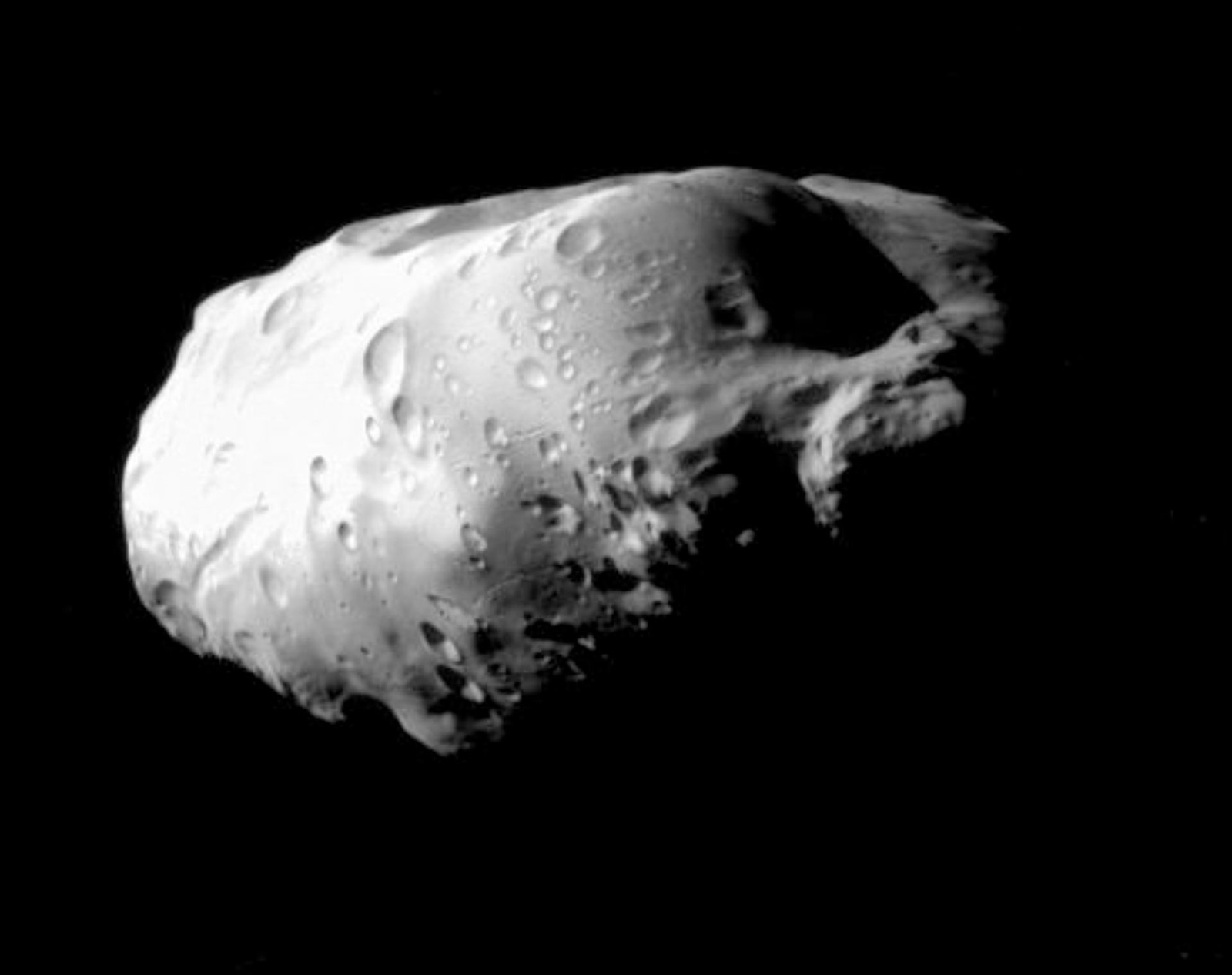
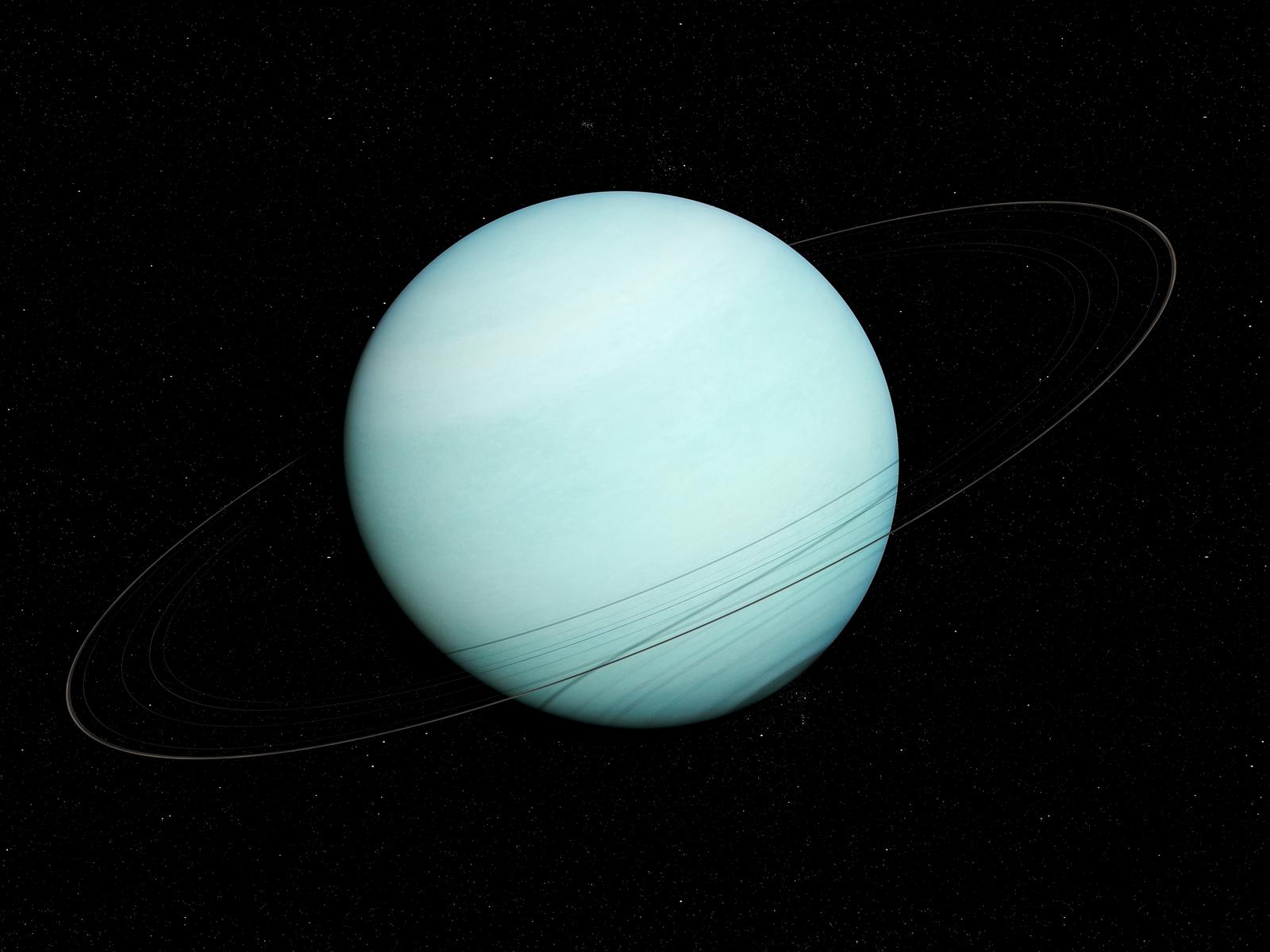
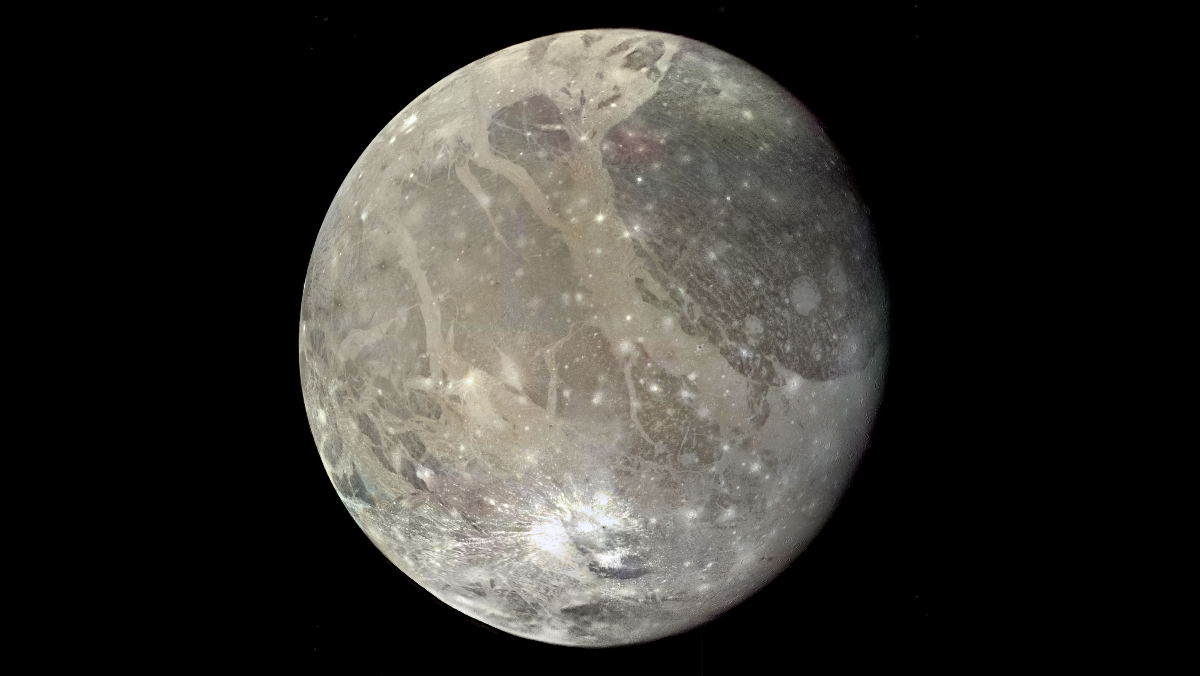
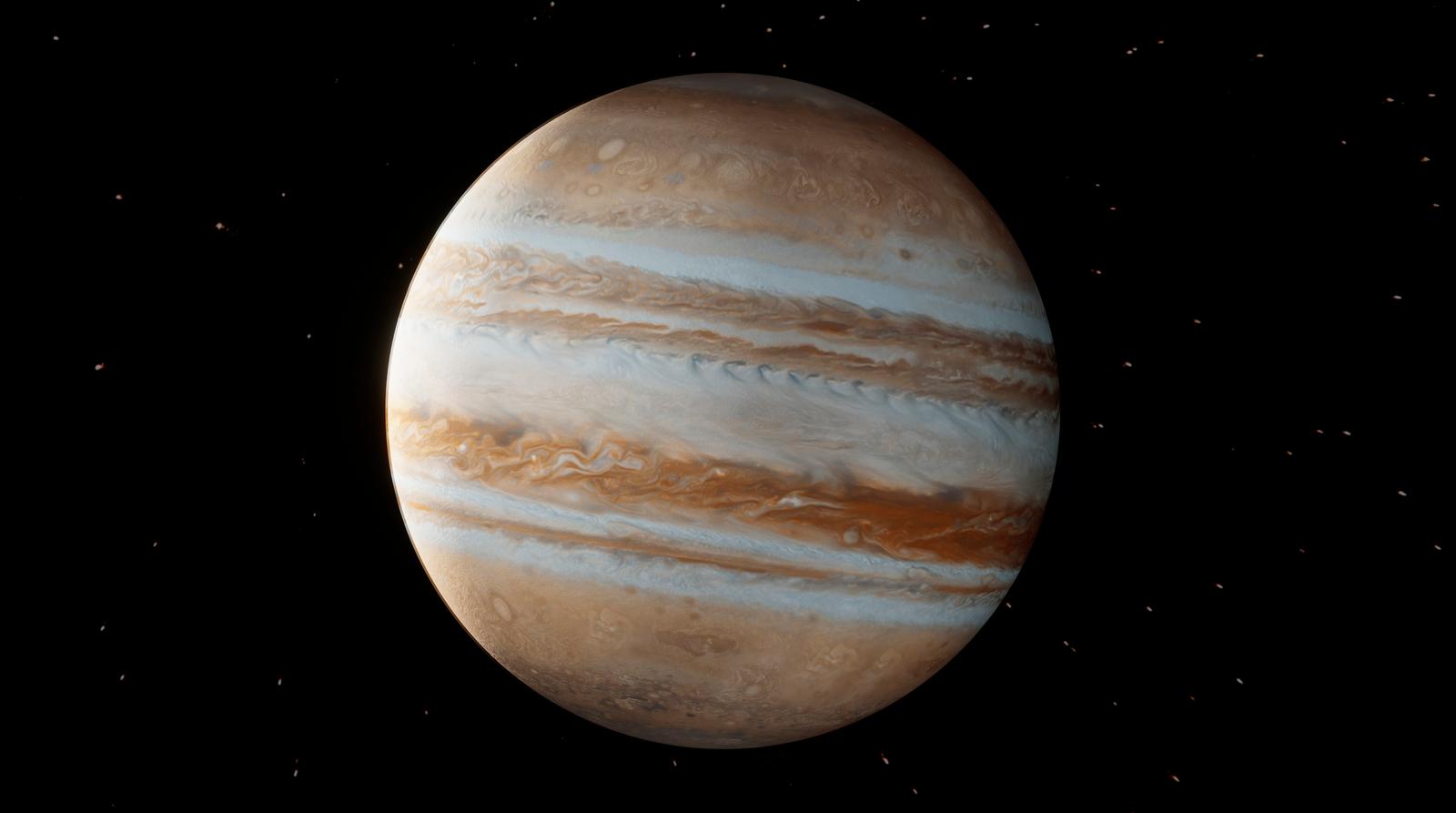
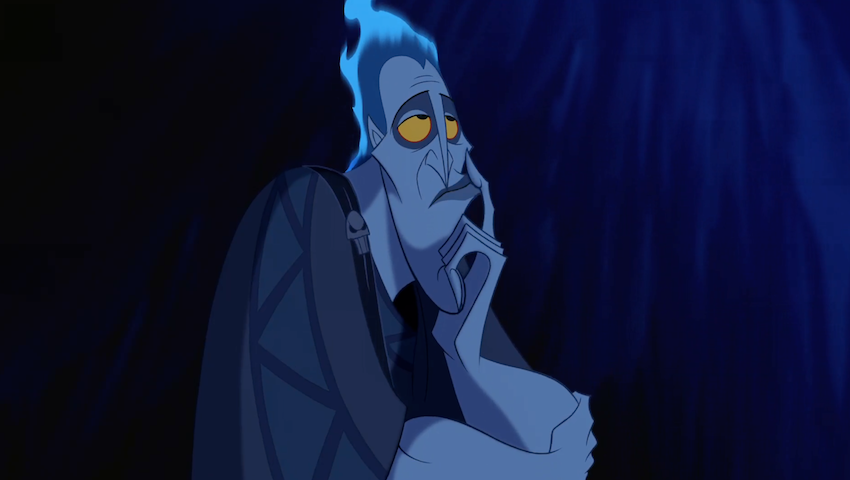
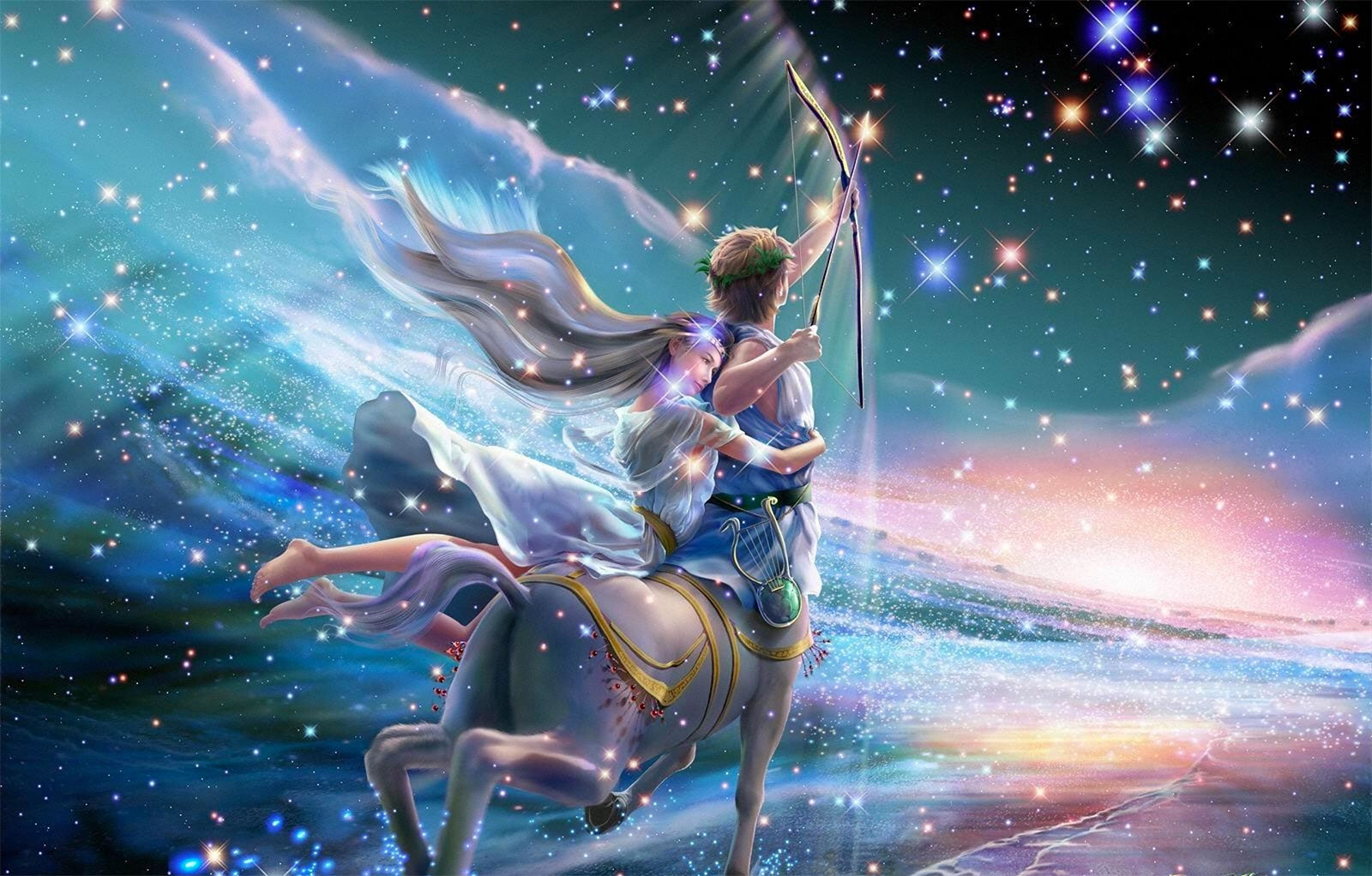
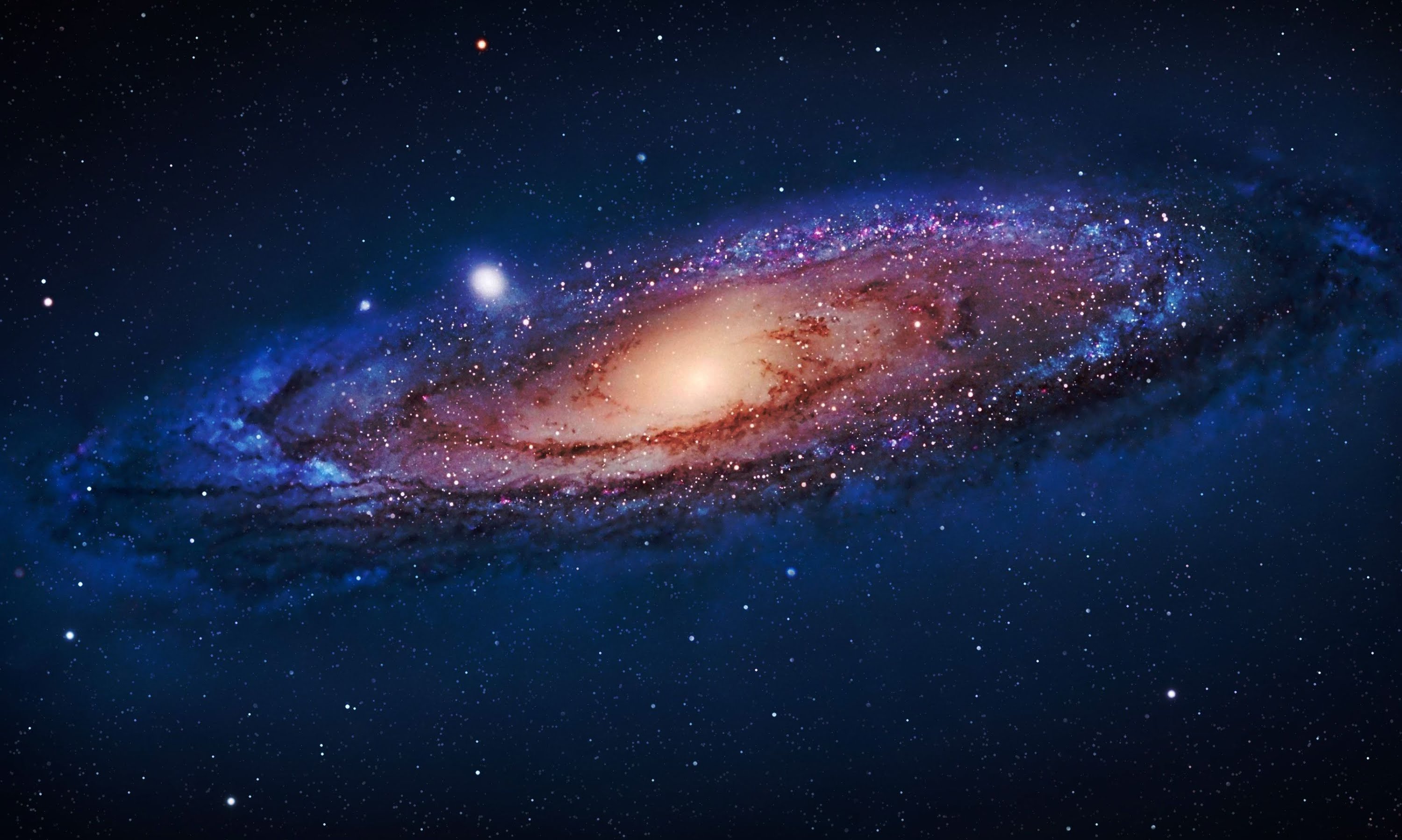
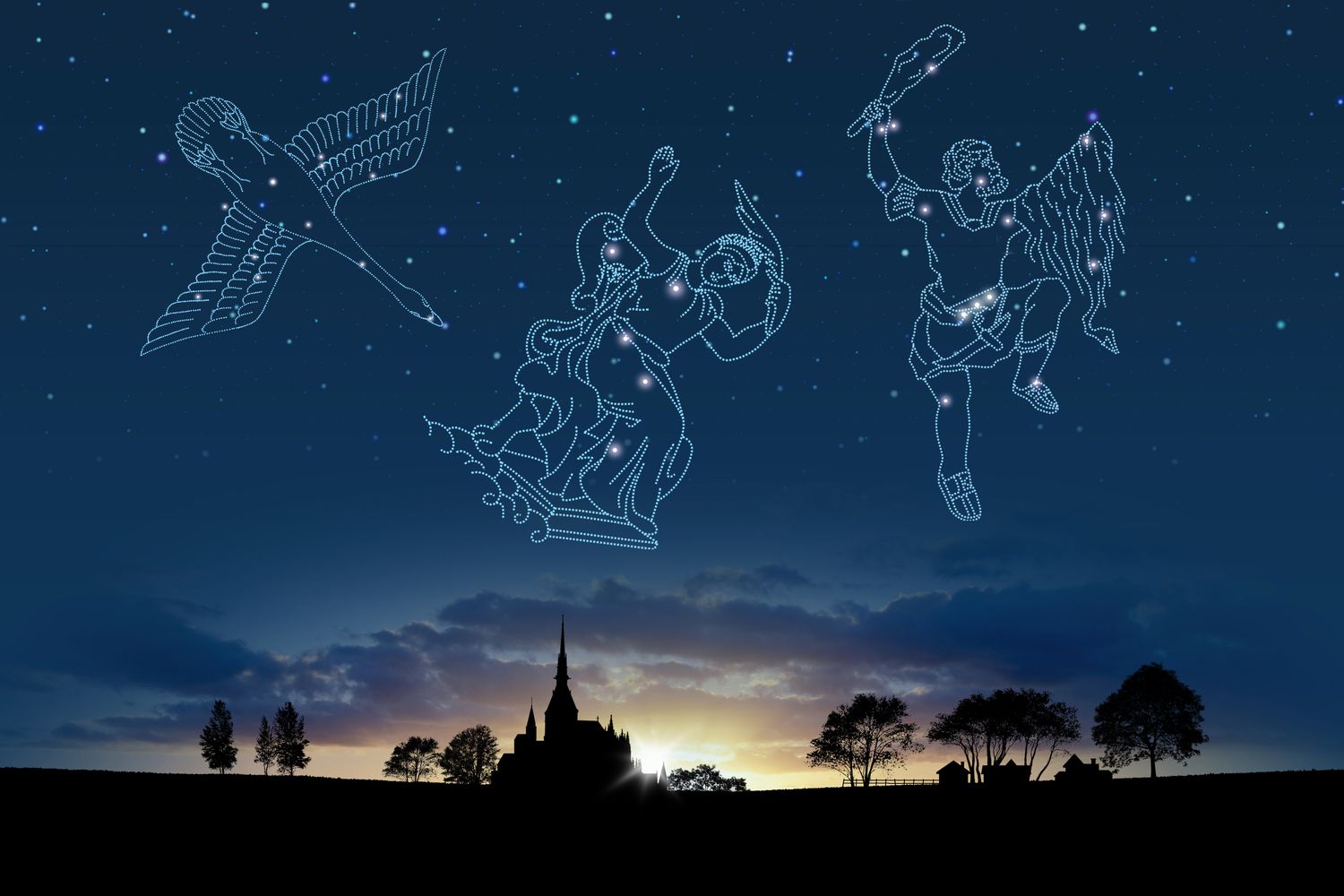
5 Comments